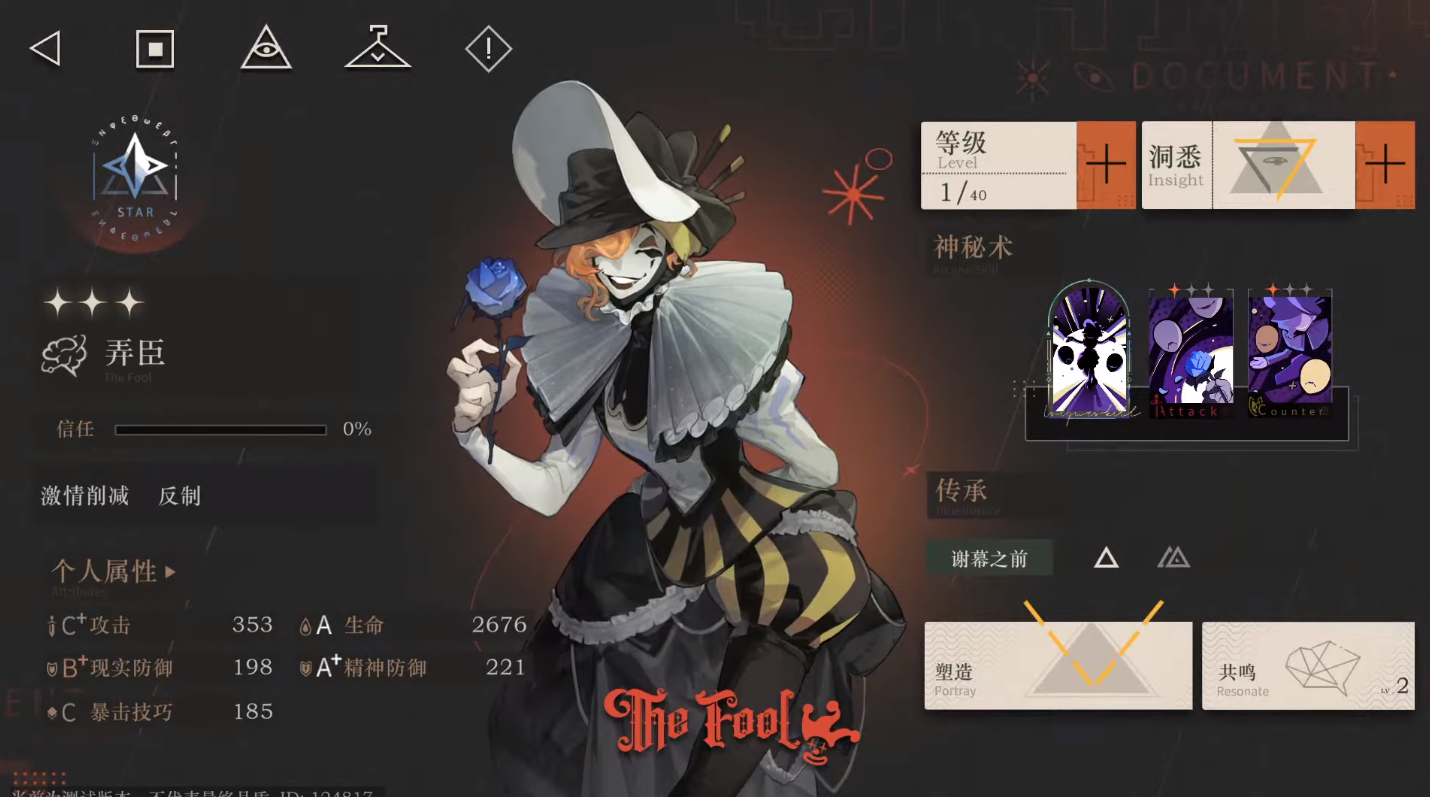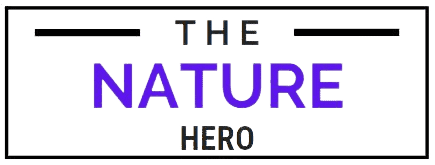The Fool in Reverse 1999 reminds you to be mindful of risks and to make wise choices.
Since there were a lot of changes happening during 1999, people were excited about the future, but they needed to be careful.
Continue reading to learn more about the Fool, his attributes, skills, pros, and cons in Reverse 1999.
Table of Contents Show
The Fool In Reverse 1999
The Fool is a character who is like a performer who distracts and taunts enemies in battle.
He is a 3-star character with limited stats who can be a helpful tank, but his effects are short-lived.
Likewise, you can use his skills to deal damage, tank damage, and debuff enemies, which makes him a valuable asset.
Although you can interpret the Fool in several ways, some of the most common interpretations include:
1. Naivety: He can represent a lack of understanding or awareness of the situation. You can interpret this as a warning about the dangers of the new millennium, such as the Y2K bug or the rise of the internet.
2. Impulsiveness: He can also represent impulsive or reckless behavior. You can interpret this as a warning about the dangers of investing in dot-com companies or the risks of taking on too much debt.
3. Chaos and Disorder: He can represent chaos and disorder. You can interpret this as a warning about the potential for social unrest or natural disaster.

Attributes Of The Fool In Reverse 1999
Here are the attributes of the Fool, which include his stat, base, and three insights:

Skills Of The Fool In Reverse 1999
The skill of The Fool is divided into three types:
1. The Sage
The Sage is the character’s essential attack skill, which comes in three levels, each more powerful than the previous one.
Additionally, the skill is a single-target attack that deals Mental DMG at:
- 1 star: 200% Mental DMG
- 2 star: 250% Mental DMG
- 3 star: 400% Mental DMG
Therefore, at the highest level, it reduces the target’s Moxie by ½ at 2/3 stars, respectively.
Moreover, the Moxie affects a character’s resistance to debuffs and status effect, which helps take down enemies quickly.
2. The Fool
The Fool is a self-counter skill that is a form of self-protection and includes three levels.
When the skill activates, he enters a state called Taunt for round 1, making enemies target them.
Moreover, the skill also inflicts the Corrode status effect on the attacker for two rounds.
Corrode deals Genesis DMG damage that cannot be guarded against the target based on their current HP.
Additionally, this skill helps draw enemy attacks away from your more fragile teammates.
3. Unexpected And Improvised
This is the character’s ultimate skill, a mass attack that deals 250% Mental DMG to all enemies.
If the target is already inflicted with the Corrode status effect, the skill will extend the duration of the effect by 1 round.
Moreover, this skill helps deal damage to multiple enemies and extend the duration of the Corrode status effect.
Pros And Cons Of The Fool In Reverse 1999
Here are some of the pros and cons of The Fool in Reverse 1999:
Pros
- The Fool is an effective taunter, which makes him a valuable tank as enemies are forced to target him.
- His skill, The Fool, inflicts on attackers, causing them to take damage over time based on their health.
- Moreover, the Fool benefits with Fool in the Play status, reducing damage taken and improving critical resistance.
- Hence, as a 3-star character, he is more accessible and requires less investment.
Cons
- The effects of the Fool’s skills, such as Taunt and Corrode, are relatively short-lived.
- He is not a high-damage dealer; his primary role is to absorb enemy attacks and provide support.
- Moreover, his skills can mainly target a single enemy or enemies within a short range.
- Regarding durability and utility, higher-rarity tanks can outperform him in more advanced gameplay.
The Bottom Line
Hence, the Fool is valuable in controlling enemy Moxie and supporting a team focused on damage over time.
Moreover, due to the skills of the Fool, he can draw enemy attacks, weaken foes, and damage multiple enemies.
Therefore, you can see him as a warning about the dangers of naivety, impulsiveness, and chaos.


